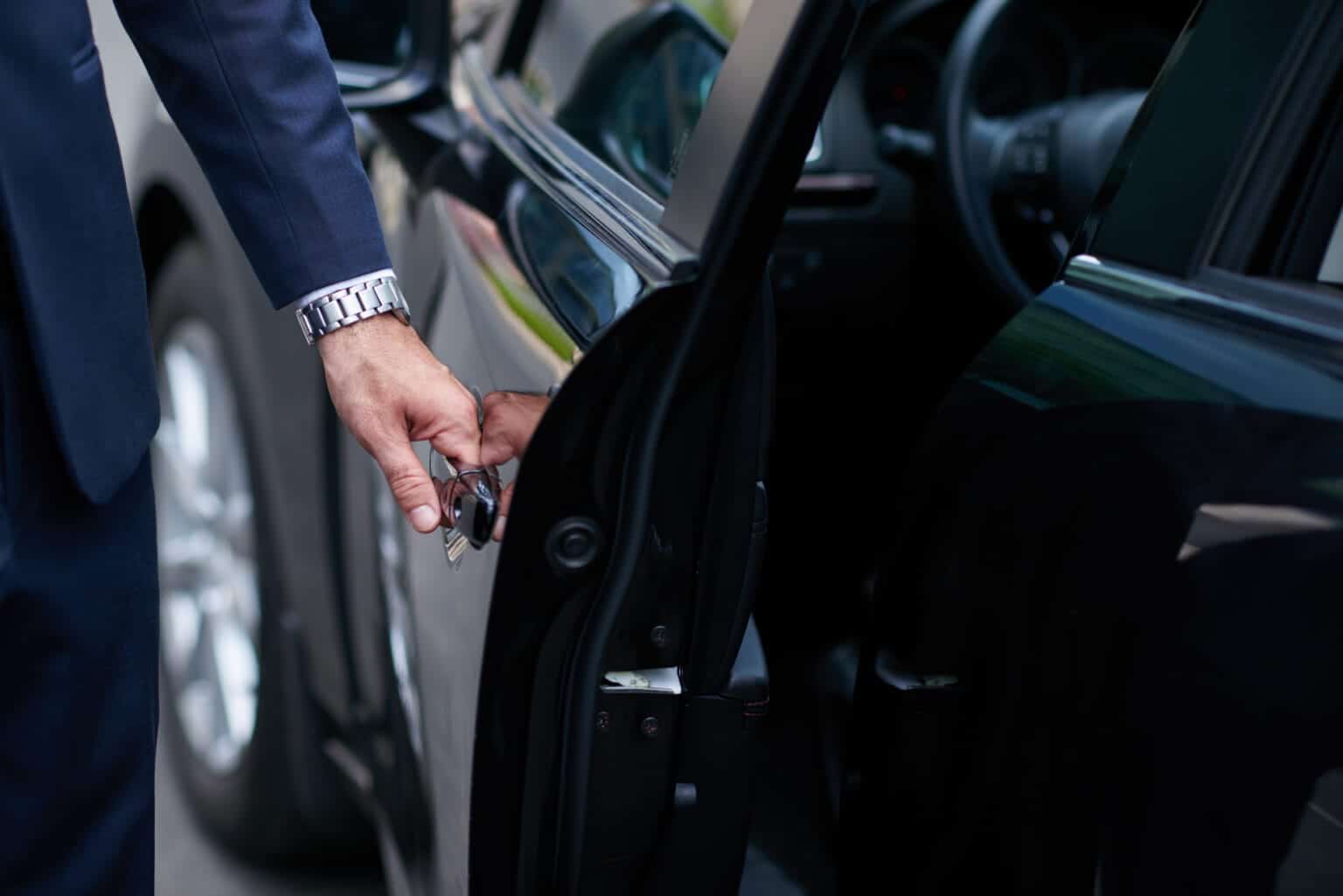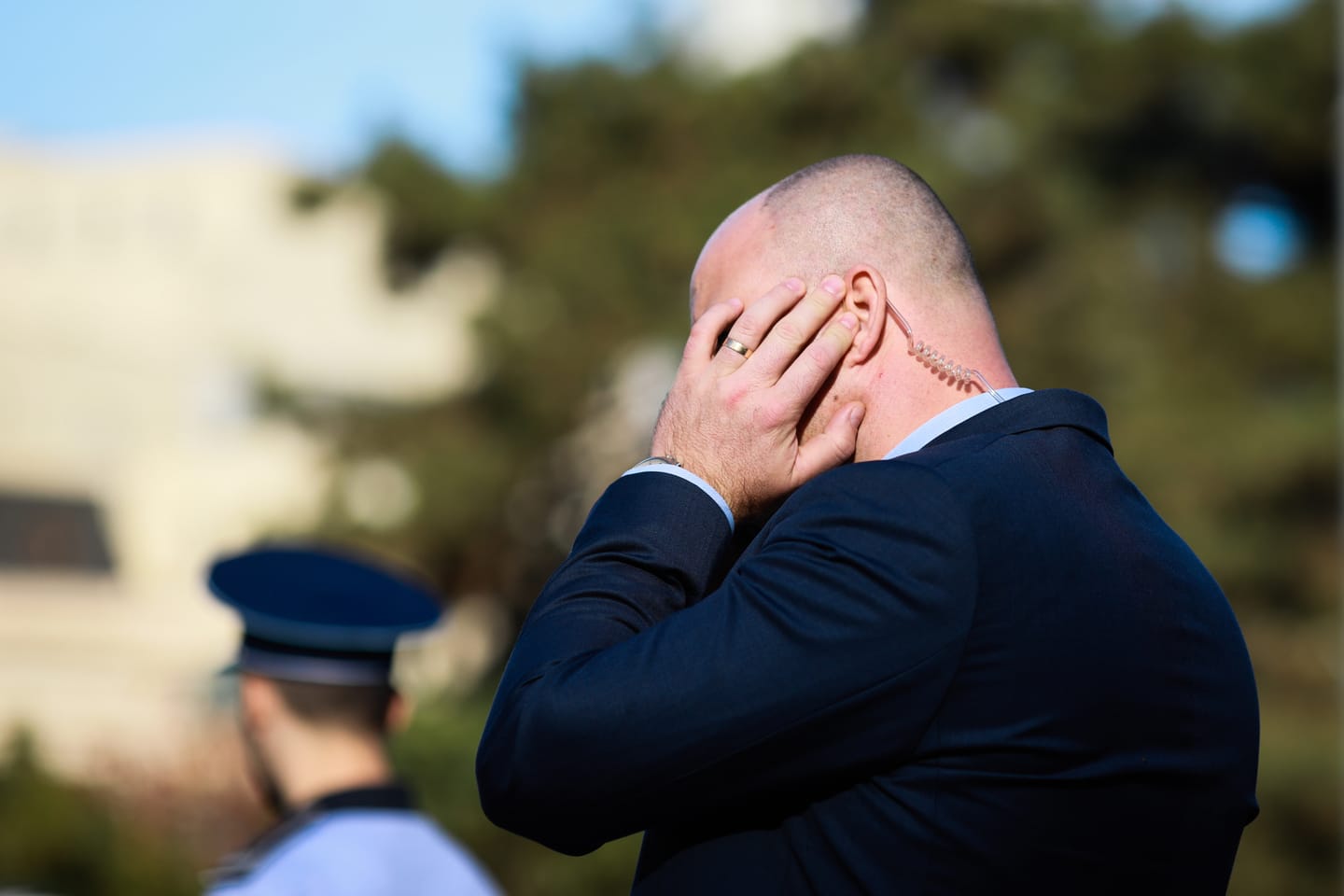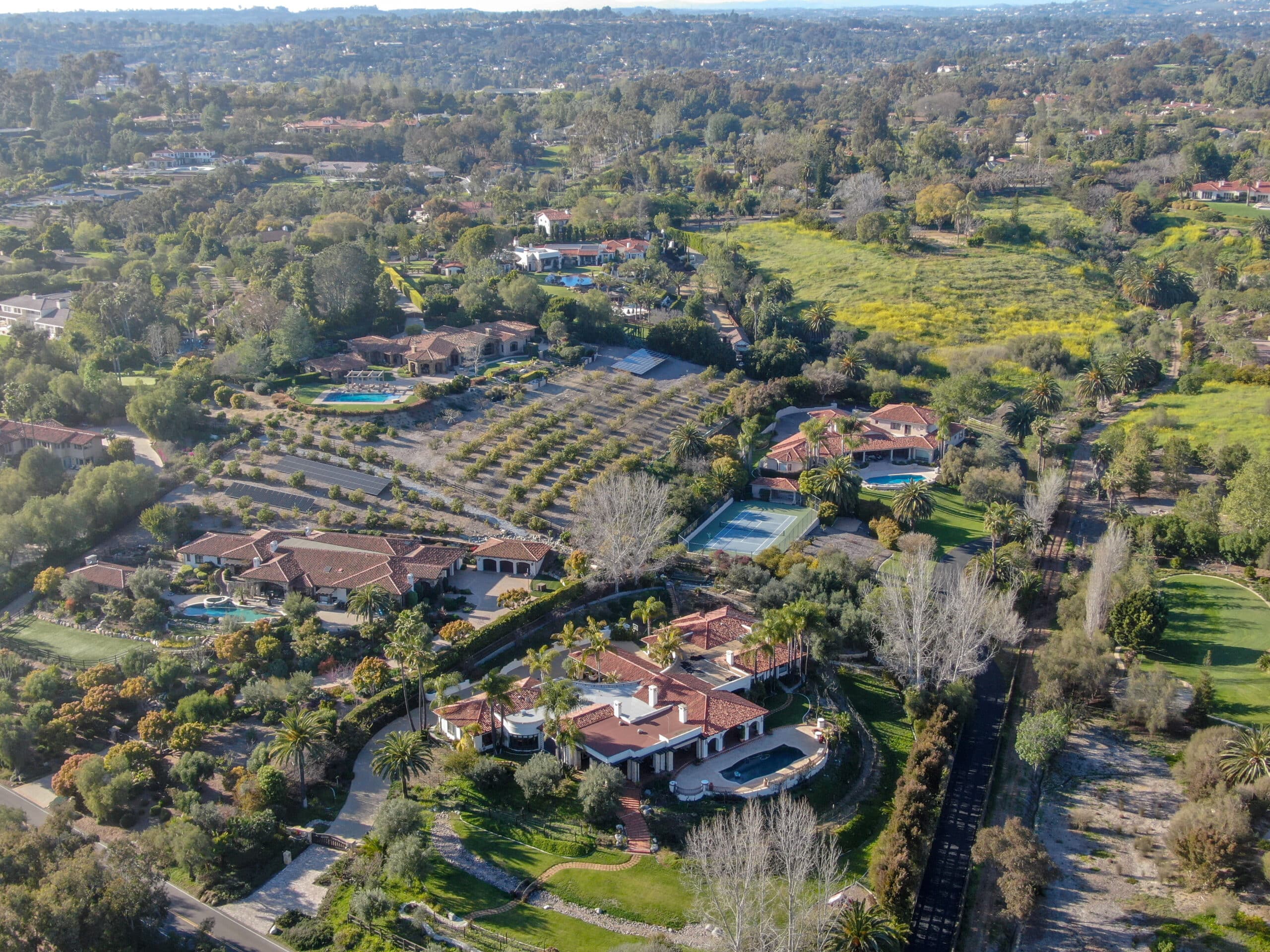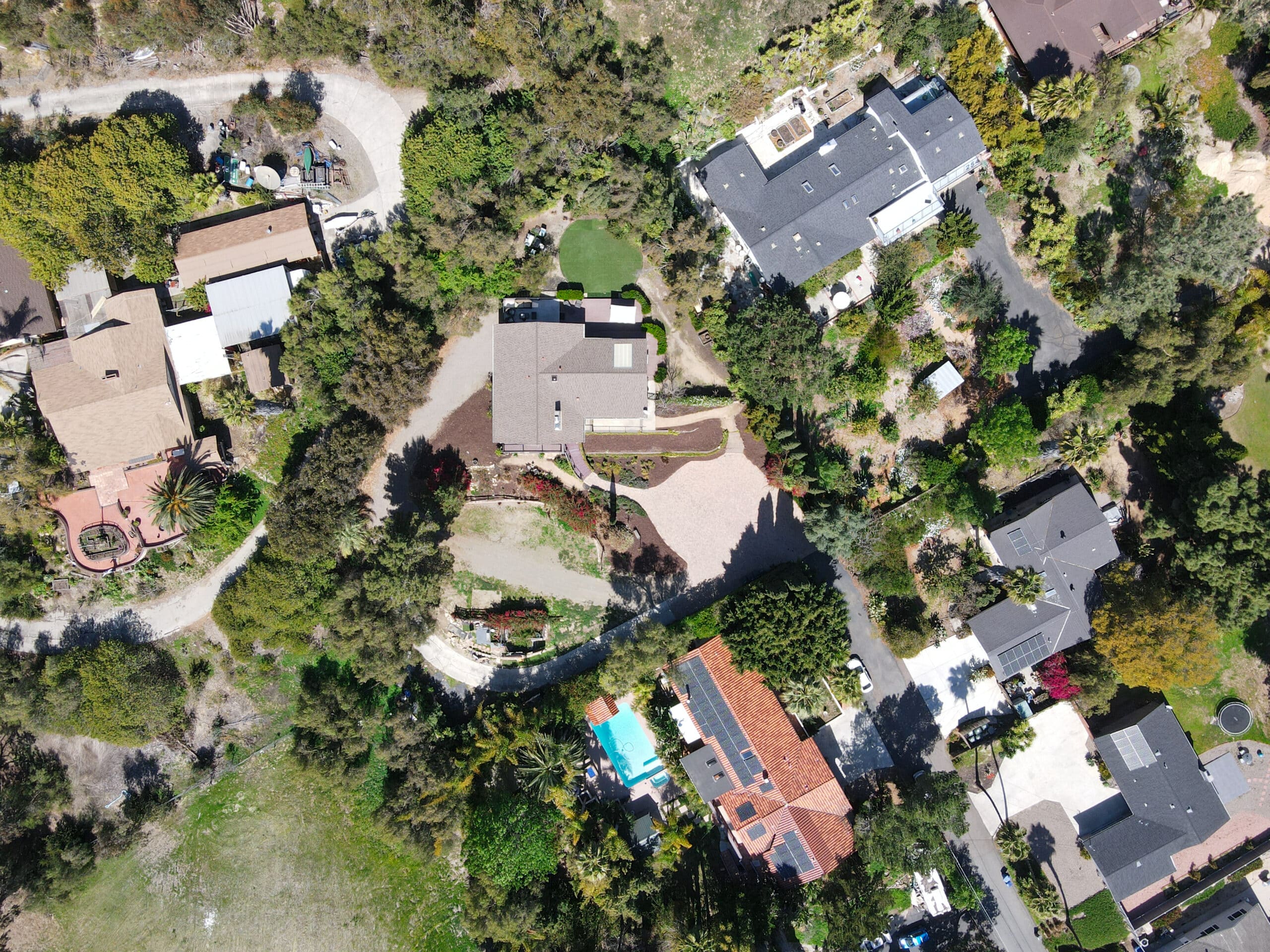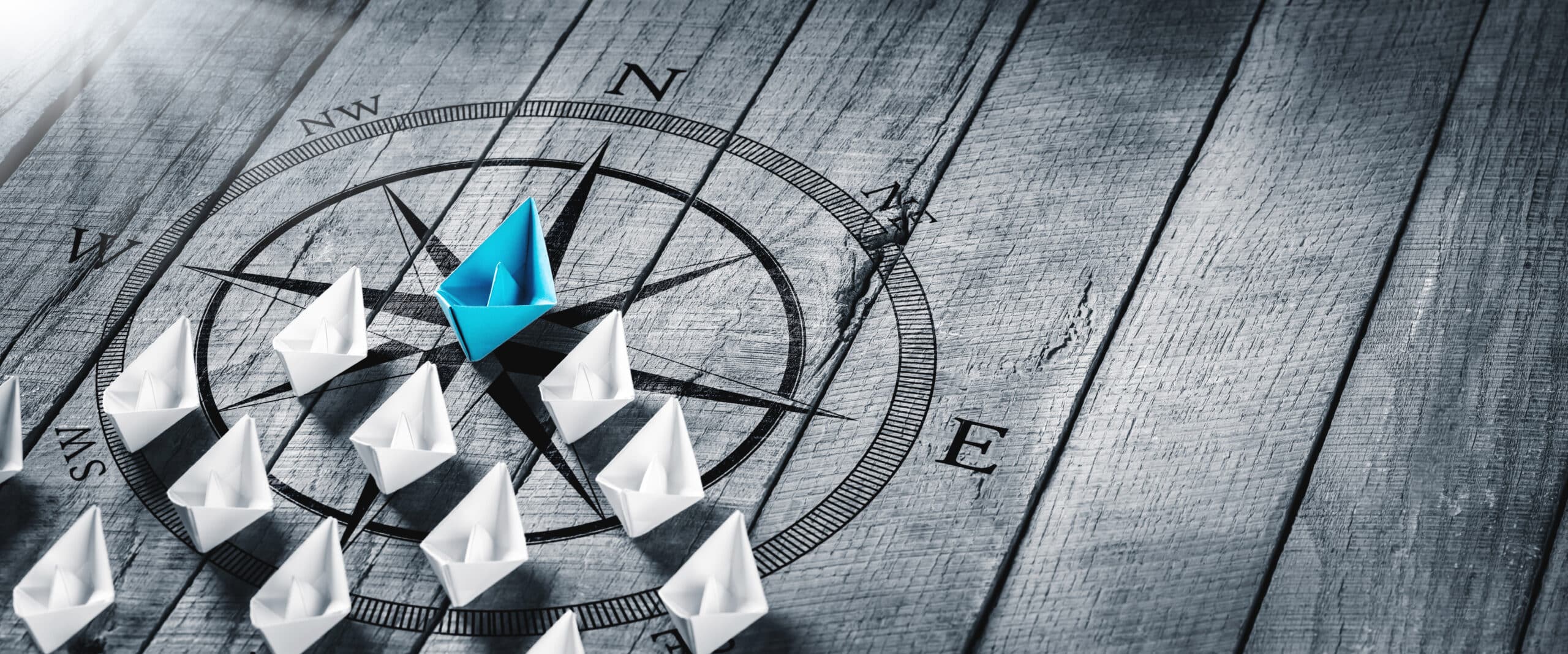Estimated reading time: 10 minutes
In the intricate world of personal security, the role of a professional bodyguard transcends beyond mere physical presence. This specialized field requires a unique blend of skills, training, and attributes, combining physical prowess with strategic acumen and interpersonal finesse. Understanding the qualifications and skills of a professional bodyguard is crucial for anyone seeking to employ such services, as it directly correlates with the level of protection and peace of mind offered. This article delves into the core aspects of an effective bodyguard, ranging from formal training and certification, physical fitness, and combat proficiency to soft skills like communication and etiquette. It also explores the importance of experience in risk assessment, management, and the sophisticated use of surveillance techniques. The aim is to provide a comprehensive guide on the essential attributes and capabilities that define a professional bodyguard, ensuring informed decisions are made when hiring someone to entrust with personal safety.
Table of contents
- Formal Training and Certification
- Physical Fitness and Combat Proficiency
- First Aid Certification and Crisis Management
- Mastery of Soft Skills: Communication, Discretion, and Etiquette
- Experience in Risk Assessment and Management
- Advanced Surveillance Techniques and Counter-Surveillance Measures
- Conclusion
Formal Training and Certification
Comprehensive Bodyguard Training Programs
The pathway to becoming a proficient bodyguard begins with comprehensive training programs essential in equipping an individual with the necessary skills for adequate personal protection. These programs are designed to cover various topics, from basic security principles to advanced tactical maneuvers. They typically include modules on physical security, threat assessment, emergency response, and legal aspects of personal protection. The intensity and depth of these courses ensure that trainees are theoretically knowledgeable and practically adept at handling real-world security scenarios. Rigorous physical and mental training is a staple of these programs, aiming to develop reflexes, decision-making abilities, and endurance in high-pressure situations.
Specialized Skills and Tactical Training
Beyond basic bodyguard training, specialized skills and tactical training are crucial for a bodyguard to protect their clients effectively. This includes advanced driving techniques, proficient use of firearms, and unarmed combat skills. Mastery of defensive tactics, such as evasive driving and close-quarter combat, is imperative for responding to direct threats. Additionally, expertise in surveillance techniques and counter-surveillance measures plays a pivotal role in preempting potential dangers. Experienced professionals from law enforcement or military backgrounds often provide training in these areas, ensuring that bodyguards learn from the best in the field.
Certification and Continuing Education
Certification is a testament to a bodyguard’s competence and adherence to industry standards. Various certifications, such as the Certified Protection Professional (CPP) offered by ASIS International, validate a bodyguard’s expertise and commitment to the profession. These certifications often require passing rigorous exams, proving practical skills, and adhering to ethical standards. Moreover, personal security is constantly evolving, making continuing education crucial. This includes staying updated with the latest security technologies, legal regulations, and emerging threats. Regular refresher courses and attending professional workshops ensure that a bodyguard’s skills and knowledge remain current and comprehensive.
Physical Fitness and Combat Proficiency
Physical Conditioning and Endurance
A bodyguard’s physical fitness is not just about strength; it encompasses physical conditioning, agility, and endurance. The demanding nature of the role often requires bodyguards to be in peak physical condition to protect their clients effectively. This involves rigorous fitness routines focusing on cardiovascular health, muscular strength, and flexibility. Endurance training is essential, as bodyguards may need prolonged physical exertion, whether running alongside a moving vehicle or handling a long protective operation. A well-rounded fitness regimen ensures that a bodyguard is prepared for the job’s physical demands, enabling them to react swiftly and effectively.
Proficiency in Self-Defense and Unarmed Combat
Proficiency in self-defense and unarmed combat is a cornerstone of a bodyguard’s skill set. While using weapons might be necessary in certain situations, the ability to defend oneself and the client without weapons is often crucial. Training in martial arts or other forms of hand-to-hand combat equips bodyguards with the skills to neutralize threats quickly and efficiently. Techniques in grappling, striking, and controlling an assailant are critical, especially in environments where carrying firearms is not permitted. A bodyguard’s ability to manage a threat physically without escalating the situation to weapon use is a valuable asset in ensuring the client’s safety.
Tactical Firearms Training
A bodyguard’s skill in handling firearms can be lifesaving in scenarios where the threat level is high. Tactical firearms training goes beyond basic marksmanship; it includes training in weapon retention, shooting under stress, and decision-making in shoot/no-shoot scenarios. Understanding the legal implications of using firearms for protection is also critical to this training. Bodyguards must be proficient in using various types of weapons and should regularly practice to maintain their skills. This training ensures that the bodyguard can respond effectively and responsibly if a situation escalates to a point where firearm use is unavoidable.
First Aid Certification and Crisis Management
Advanced First Aid and Emergency Response Skills
In the realm of personal protection, the ability to provide immediate medical assistance is as crucial as any defensive tactic. Bodyguards must be well-versed in advanced first-aid techniques and emergency response. This includes proficiency in CPR (Cardiopulmonary Resuscitation), use of AEDs (Automated External Defibrillators), and management of trauma-related injuries. Training in first aid equips bodyguards to handle various medical emergencies, from minor injuries to life-threatening situations, ensuring they can provide critical care until professional medical help arrives. Knowledge of first aid enhances the bodyguard’s ability to protect their client and respond effectively to any medical crisis that may occur in their presence.
Risk Assessment and Mitigation Strategies
A core skill of a professional bodyguard is the ability to assess and mitigate risks. This involves identifying potential threats, analyzing their severity, and developing strategies to avoid or manage them. Practical risk assessment requires a deep understanding of the client’s profile, including occupation, public visibility, and previous threats. Bodyguards must be adept at scanning environments for unusual activities or potential hazards and creating comprehensive security plans that address these risks. This proactive approach in anticipating and preparing for potential threats is essential in minimizing risk and ensuring the client’s safety.
Crisis Management and Decision-Making
Crisis management skills are indispensable when quick and decisive action is needed in high-stress situations. Bodyguards must be capable of making sound decisions under pressure, often with limited information. This involves evaluating the severity of a crisis, prioritizing actions, and implementing emergency procedures effectively. Training in crisis management also includes understanding the psychological aspects of high-stress situations, both for the client and the assailant. A bodyguard’s ability to remain calm, think clearly, and control the situation can be the difference between a resolved crisis and a disastrous outcome.
Mastery of Soft Skills: Communication, Discretion, and Etiquette

Effective Communication and Interpersonal Skills
Effective communication is a pivotal skill for a professional bodyguard, significantly impacting their ability to perform their duties efficiently. This encompasses both verbal and non-verbal communication skills. Bodyguards must be able to convey clear instructions to their clients, collaborate effectively with other security personnel, and, when necessary, interact with the public or law enforcement. Additionally, strong interpersonal skills are crucial for understanding the needs and concerns of the client, thereby fostering a relationship based on trust and respect. In high-pressure situations, a bodyguard’s ability to communicate calmly and authoritatively can defuse tensions and provide clear direction.
Discretion and Confidentiality
Discretion is a cornerstone of personal protection services. Bodyguards are often privy to sensitive information about their clients’ personal and professional lives. They must maintain the highest level of confidentiality and discretion. This includes understanding the boundaries of their role and avoiding disclosing any information that could compromise the client’s privacy or safety. Bodyguards must also be skilled in operating inconspicuously, blending into various environments to avoid drawing undue attention to their clients. Maintaining a low profile while providing adequate protection is crucial to a bodyguard’s professionalism.
Professional Etiquette and Cultural Sensitivity
Professional etiquette and cultural sensitivity are essential for bodyguards, especially when working with high-profile or international clients. Understanding and respecting cultural norms, social protocols, and etiquette can significantly influence the effectiveness of security operations. This includes appropriate dress codes, understanding formal protocol during events, and respecting cultural differences. Bodyguards must adapt to diverse environments and situations while maintaining a professional demeanor. Sensitivity to different cultures and customs enhances the client’s comfort and helps them navigate various social settings more effectively.
Experience in Risk Assessment and Management
Developing Threat Profiles and Security Plans
The foundation of effective risk management lies in the ability to develop accurate threat profiles and comprehensive security plans. A bodyguard’s experience plays a crucial role in this process. It thoroughly analyzes the client’s lifestyle, work environment, public exposure, and previous security threats. Creating a detailed threat profile allows for identifying specific risks and vulnerabilities. Based on this profile, a bodyguard then devises a tailored security plan. This plan includes travel routes, event security, residential protection, and emergency contingency plans. The goal is to cover all potential scenarios, ensuring a proactive approach to the client’s security.
Real-World Experience and Adaptability
Real-world experience is invaluable in the field of personal protection. Experienced bodyguards bring a wealth of knowledge gained from diverse situations, from high-risk environments to public events. This experience enhances their ability to anticipate risks, react effectively to unexpected situations, and make informed decisions under pressure. Adaptability is critical, as all protection details are different. A bodyguard must be able to quickly adapt to changing circumstances, whether it’s a sudden change in the client’s schedule, an emerging threat, or an unforeseen event. The ability to remain flexible yet vigilant is a hallmark of an experienced bodyguard.
Continuous Learning and Scenario Training
In the dynamic personal security field, continuous learning and scenario training are essential for staying ahead of emerging threats. This involves keeping abreast of the latest security technologies, surveillance methods, and threat patterns. Scenario training, which simulates real-life situations, is particularly beneficial. It prepares bodyguards for a variety of potential threats, from stalking and harassment to kidnapping attempts and terrorist attacks. Regularly engaging in such training ensures that bodyguards maintain their skills and are prepared to handle new threats. This commitment to continuous learning and practical training distinguishes an exceptional bodyguard from an average one.
Advanced Surveillance Techniques and Counter-Surveillance Measures
Mastery of Surveillance Methods
Advanced surveillance techniques are critical to a professional bodyguard’s skill set. Proficiency in surveillance involves more than just monitoring a client’s surroundings; it requires an acute awareness and understanding of the environment. This includes identifying potential threats, understanding crowd dynamics, and being aware of unusual behavior or patterns. Bodyguards use various tools and technologies to enhance their surveillance capabilities, such as CCTV systems, GPS tracking, and communication devices. Mastering these techniques allows bodyguards to detect and assess potential threats before they materialize, providing proactive protection.
Implementing Counter-Surveillance Strategies
Counter-surveillance is equally vital in ensuring a client’s security. It involves recognizing and mitigating surveillance attempts by potential adversaries. This could include identifying individuals monitoring the client or detecting electronic surveillance devices. Bodyguards trained in counter-surveillance techniques are skilled at using misdirection and evasive maneuvers to disrupt any potential surveillance efforts. Implementing these strategies effectively reduces the risk of being followed or observed, which is particularly important for high-profile individuals who may be targets for paparazzi, stalkers, or more nefarious actors.
Technological Aids in Surveillance and Counter-Surveillance
In today’s digital age, technology in surveillance and counter-surveillance is indispensable. Bodyguards must be adept at using advanced technological tools to enhance their capabilities. This includes electronic surveillance equipment, cyber security measures to protect digital communications, and specialized threat analysis and monitoring software. Staying updated with the latest technological advancements in security and surveillance allows bodyguards to provide a more comprehensive and practical level of protection. Integrating technology in surveillance operations increases the efficiency of these tasks and broadens the scope of protection measures that can be implemented.
Conclusion
In conclusion, the qualifications and skills of a professional bodyguard encompass a broad spectrum of specialized training, physical fitness, and soft skills, each playing a pivotal role in adequate personal protection. Comprehensive training and certification provide a solid foundation, while specialized skills in self-defense, firearms, and advanced driving techniques prepare bodyguards for diverse security scenarios. Physical fitness and combat proficiency ensure that bodyguards can respond effectively in high-risk situations. Their expertise in first aid and crisis management is critical to their role, allowing them to provide immediate medical assistance and manage emergencies. Risk assessment and management skills honed through real-world experience and continuous learning are vital in navigating the dynamic security landscape.

